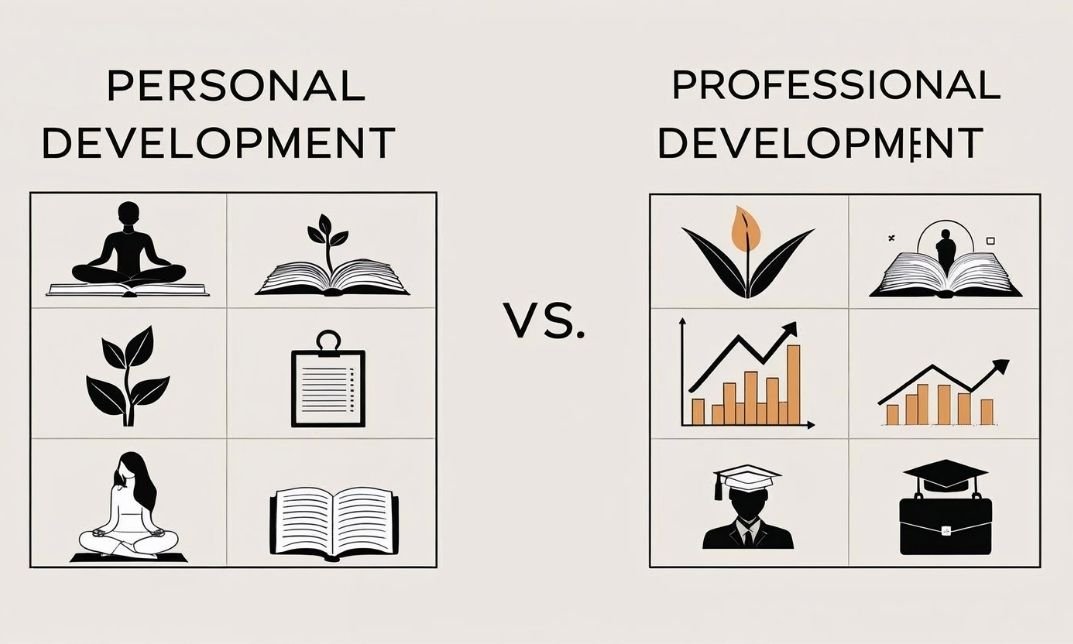No products in the cart.
Some people seem to breeze through social situations, while others find themselves stumbling over every word. What’s the secret that makes these interactions look so effortless? It might have less to do with charm and more to do with emotional intelligence. This skill is not something you are either born with or without. It can be developed with time and effort. But how can you improve emotional intelligence?
In this blog, we’ll explore practical ways to improve your emotional intelligence, from understanding your own emotions to connecting better with others.

What is Emotional Intelligence?
Emotional intelligence, or EQ, is the ability to understand and manage your own emotions and respond well to the emotions of others. It’s not about ignoring your feelings, but about understanding them and using them to guide your actions.
Unlike IQ, which measures how well you think and solve problems, EQ is about your emotional and social skills. It helps you be aware of your feelings and shows how they affect your decisions, relationships, and overall life.
Why is Emotional Intelligence Important?
Emotional intelligence is very important in both your personal life and career. It helps you connect with others, solve problems peacefully, and stay calm when faced with tough decisions. People with high emotional intelligence are often better at understanding others, adapting to change, and leading with confidence.
In addition, emotional intelligence improves mental health and resilience. By recognising and managing your emotions, you can lower stress and handle life’s ups and downs more easily.
Components of Emotional Intelligence
To improve emotional intelligence, it’s helpful to understand its key components:
- Self-awareness – Understanding your emotions and how they affect your thoughts and actions.
- Self-regulation – Managing your emotions in healthy and constructive ways.
- Motivation – Staying focused and optimistic, even in the face of challenges.
- Empathy – Understanding and sharing the feelings of others.
- Social skills – Building strong relationships and effectively navigating social situations.
How to Improve Emotional Intelligence
Developing emotional intelligence takes time and consistent effort. Here are nine practical steps to get started:
Be More Self-Aware
Being self-aware means understanding your emotions, knowing how they affect your thoughts and actions, and being aware of how others see you. To improve self-awareness, try keeping a journal to note your feelings, triggers, and reactions. Take a moment each day to reflect on how you’re feeling, especially in stressful or difficult situations.
Recognise How Others Feel
Empathy, or understanding others’ emotions, is key to emotional intelligence. Pay attention to body language, facial expressions, and tone of voice, as these can show how someone is feeling. Try to see things from their point of view. By understanding how others feel, you can build better connections and respond with care and support.
Practice Active Listening
Active listening is about fully focusing on the speaker and understanding the message behind their words. Give your full attention, ask questions for clarity, and respond thoughtfully. Avoid interrupting or planning your response while they speak. Active listening helps build trust and shows that you value what others are saying.
Communicate Clearly
Clear communication is another key aspect of emotional intelligence. When you express your thoughts and emotions clearly, it reduces misunderstandings and helps you build better relationships. Good communication is also about being mindful of how your tone, body language, and words come across. Ensure that your non-verbal cues align with the message you want to convey.
Stay Positive
A positive attitude is key to emotional intelligence. It helps you face challenges, stay motivated, and handle stress better. Try to focus on the good things, practice gratitude, and look for solutions instead of dwelling on problems. A positive outlook can inspire others and create a supportive environment. When you approach life with a positive attitude, you’re more likely to inspire others and create an environment where people feel supported and valued.
Empathise
Empathy involves more than just understanding others’ feelings—it’s about sharing those feelings and responding appropriately. To develop your empathy, listen actively to others and try to understand their emotional needs. Respond with care and concern, and avoid making judgments or assumptions. Empathy strengthens relationships and allows you to connect with people on a deeper level, fostering a sense of trust and mutual respect.
Be Open-Minded
Being open-minded means being willing to consider other people’s opinions, even if they differ from your own. It requires flexibility and a willingness to learn from others. When you’re open-minded, you’re more likely to engage in productive conversations and find creative solutions to problems.
Listen to Feedback
Feedback is an essential tool for improving emotional intelligence. When you receive feedback from others, whether it’s positive or constructive, take it as an opportunity for growth. Listen without becoming defensive, and reflect on how you can use the feedback to improve your behaviour.
Stay Calm Under Pressure
The ability to stay calm under pressure is a valuable emotional intelligence skill. In stressful situations, manage your emotions to make thoughtful decisions. Try deep breathing or mindfulness to stay grounded. Staying calm not only helps you make better choices but also sets a positive example for others. The ability to remain calm under pressure not only helps you make better decisions but also sets a positive example for those around you, fostering a more composed and productive environment.

Conclusion
Improving emotional intelligence takes time, practice, and a desire to grow. Therefore, by understanding your own feelings, noticing how others feel, listening carefully, and staying positive, you can improve your emotional intelligence. As a result, this will help you build better relationships, handle stress more easily, and do well in your personal and work life.
Thus, start small by trying these tips today. Over time, with effort and patience, you’ll see how much it improves your life and the way you connect with others.




